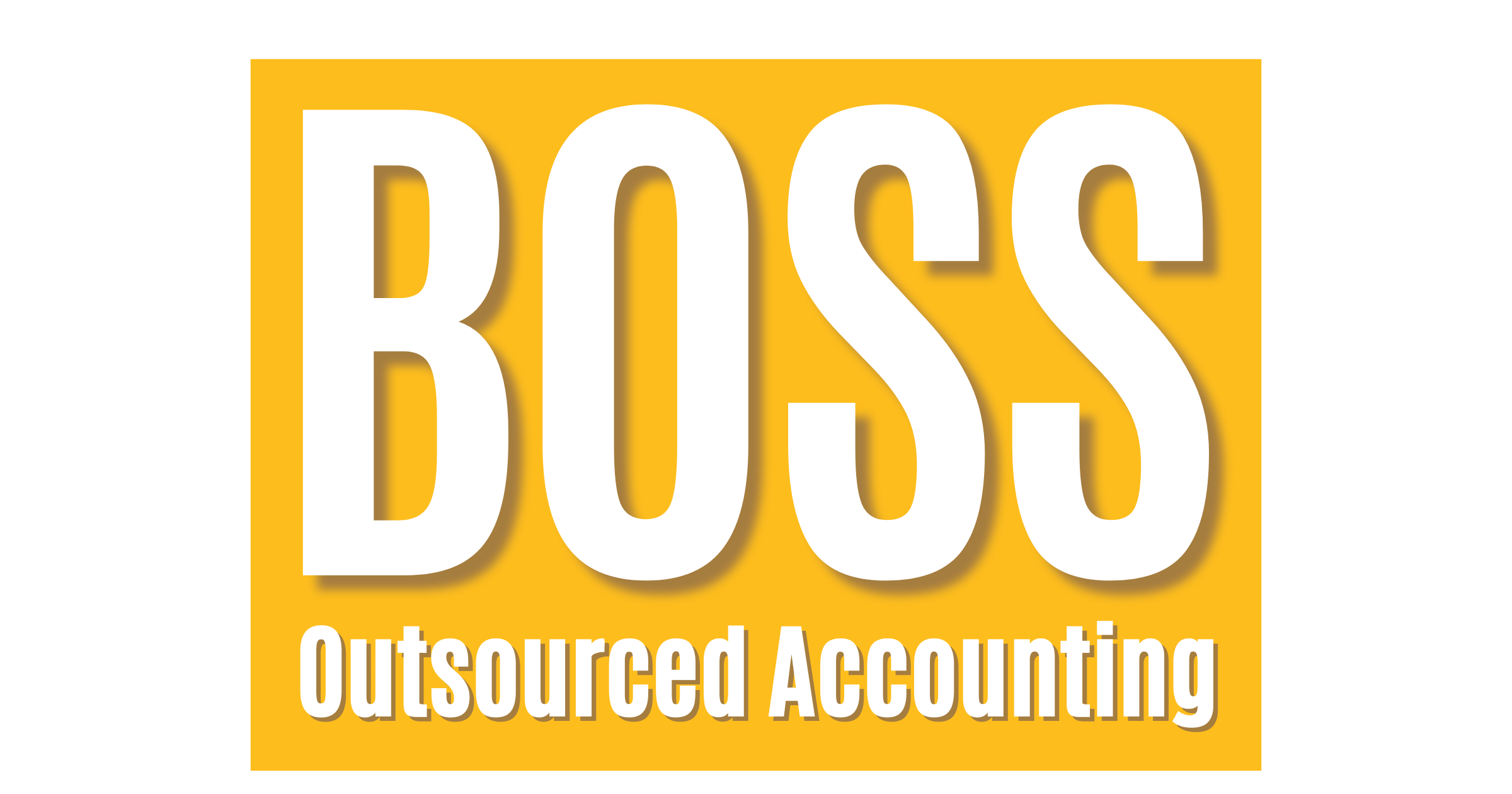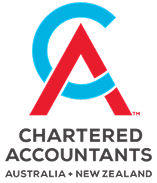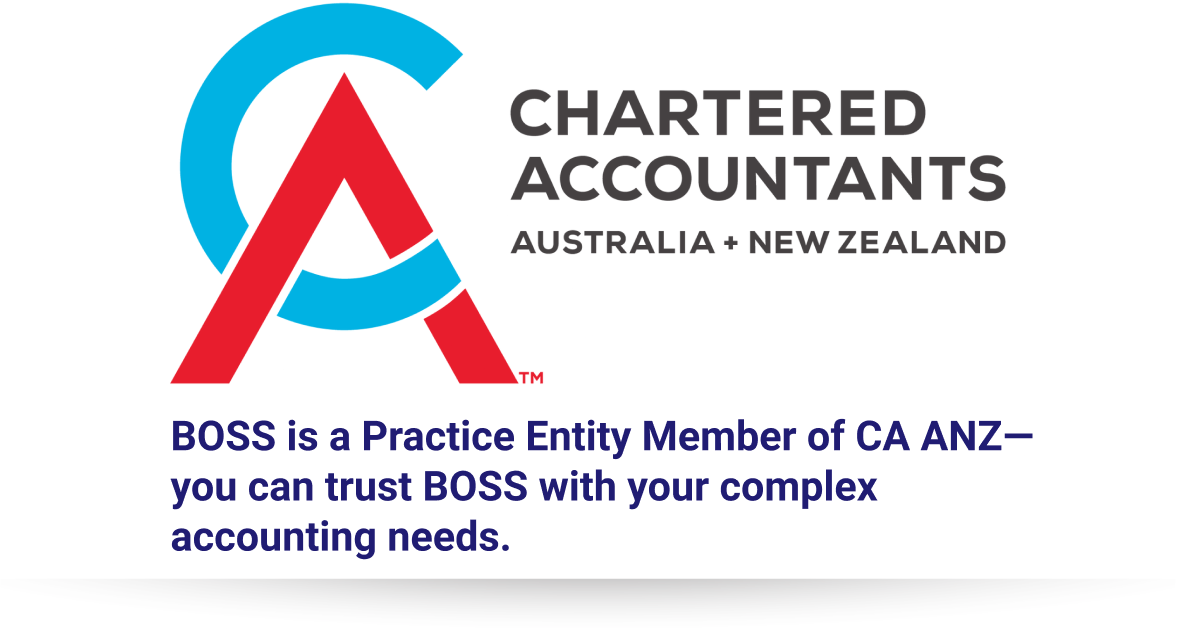In the dynamic landscape of Australian accounting, firms are constantly seeking ways to optimise operations and drive sustainable growth. One strategy that has gained significant traction is outsourced accounting—a practice that allows practices to delegate routine financial tasks to specialised providers. This approach not only streamlines workflows but also empowers firms to focus on high-value advisory services. For Australian accounting firms, partnering with a reliable outsourced accounting provider like BOSS can be a game-changer, offering tailored solutions that align with local regulations and business needs.
Outsourced accounting encompasses a wide array of services, from bookkeeping and payroll processing to tax preparation and financial reporting. By leveraging external expertise, firms can reduce overhead costs while maintaining high standards of accuracy and compliance. In Australia, where the regulatory environment is stringent—with obligations under the Australian Taxation Office (ATO) and Australian Securities and Investments Commission (ASIC)—having a dedicated outsourced team ensures that all submissions are timely and error-free. BOSS, as an Australian offshore accounting outsourcing provider, specialises in supporting local firms by integrating seamlessly with their existing systems, providing a cost-effective alternative to in-house expansion.
Consider the scalability aspect: as Australian accounting firms grow, the volume of client work often surges unpredictably. Outsourced accounting offers the flexibility to scale resources up or down without the commitment of hiring permanent staff. This adaptability is particularly valuable in a market influenced by economic fluctuations, such as those seen in recent years due to global events. Firms can handle peak seasons—like end-of-financial-year rushes—without compromising service quality. BOSS' model emphasises this flexibility, with teams trained in Australian accounting standards, ensuring that outsourced tasks are handled with the same precision as if they were managed internally.
Moreover, outsourced accounting fosters innovation within firms. By offloading mundane tasks, accountants can redirect their efforts towards strategic initiatives, such as business advisory, financial planning, and risk management. This shift not only enhances client satisfaction but also positions the firm as a proactive partner rather than a mere compliance handler. For instance, with outsourced accounting managing the day-to-day ledger work, practitioners can delve into data analytics to provide insights on cash flow optimisation or investment strategies—areas that directly contribute to client success. BOSS supports this by offering advanced tools and reporting capabilities, allowing firms to access real-time financial data and generate customised reports that inform decision-making.
Another compelling benefit is the access to specialised skills that might otherwise be out of reach for smaller or mid-sized firms. Outsourced accounting providers like BOSS employ professionals with expertise in niche areas, such as GST reconciliation, superannuation compliance, or even international tax implications for clients with overseas operations. This expertise is crucial in Australia, where cross-border transactions are increasingly common due to trade agreements and digital economies. By tapping into BOSS' pool of qualified accountants—who are versed in software like Xero, MYOB, and QuickBooks—firms can elevate their service offerings without the need for extensive training programs.
Data security and confidentiality are paramount in the accounting sector, and outsourced accounting addresses these concerns head-on. Reputable providers implement robust cybersecurity measures, including encrypted data transmission and compliance with ISO standards. For Australian firms, this means peace of mind, knowing that client information is protected in line with Privacy Act requirements. BOSS prioritises these aspects, with protocols that mirror those of top-tier Australian practices, ensuring seamless integration and minimal risk.
In conclusion, outsourced accounting represents a strategic lever for Australian accounting firms aiming to thrive in a competitive market. It offers cost efficiencies, scalability, access to expertise, and technological advantages that collectively drive growth and client loyalty. By choosing a trusted partner like BOSS, firms can transform their operations, focusing on what they do best: providing exceptional advisory services. As the sector evolves, those who adopt outsourced accounting will undoubtedly gain a competitive edge, positioning themselves for long-term success.


